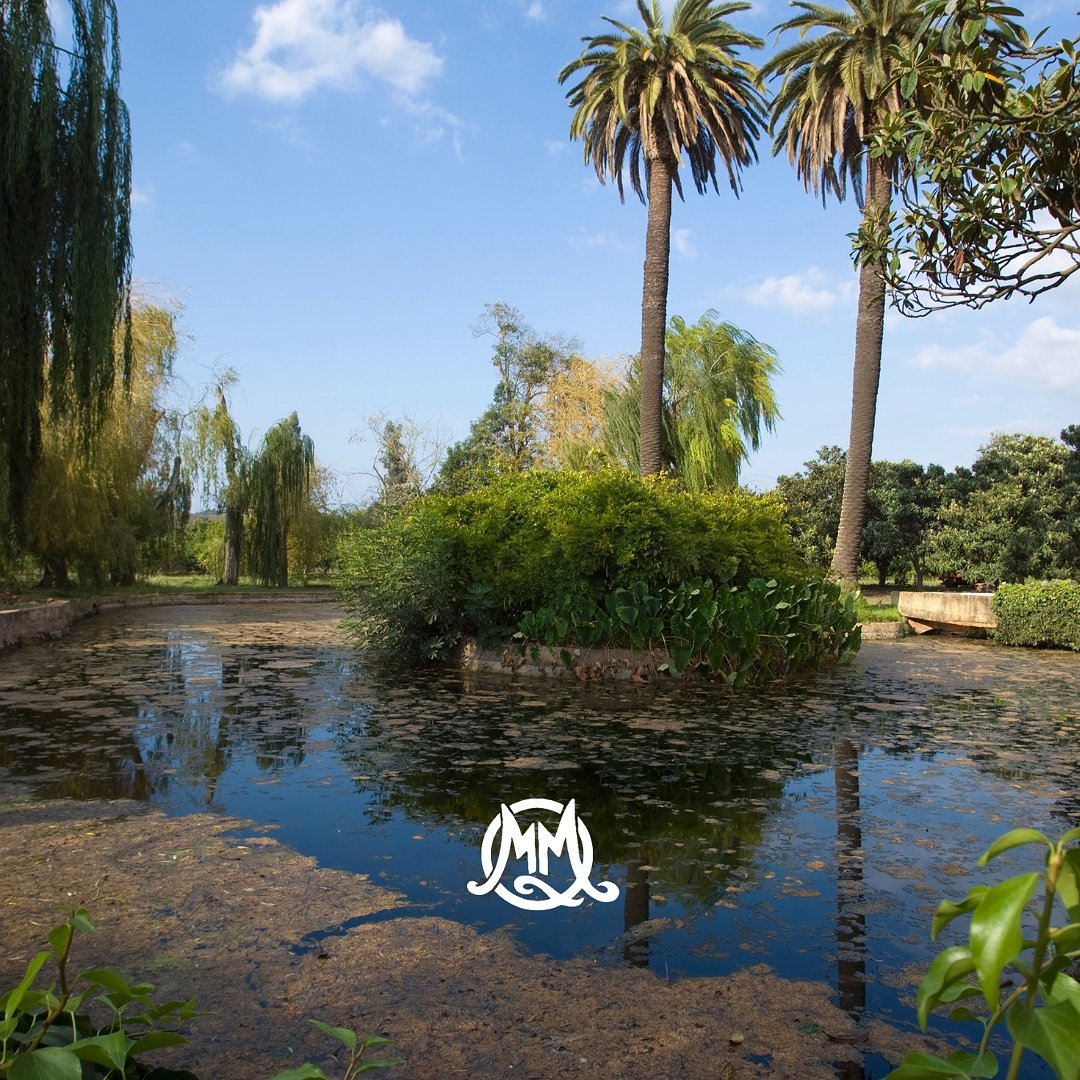
To tell the history of Mata Mouros is to delve centuries into the past of Silves. The Moors' occupation of the Algarve region has given rise to countless fascinating stories and legends that have been passed down for thousands of years.
In ancient times, Xelb, now known as Silves, was the capital of the Algarve and a major city that was recaptured to reestablish the Portuguese Kingdom. Along the southern riverside was a beautiful forest, or "mata," which was considered a sanctuary by the Moors. It is also believed that Christian troops settled there to prepare for the Reconquest.

Mata Mouros is an oasis brimming with natural springs in the naturally arid Algarve region.
The question lingers: is there a secret tunnel that connects Mata Mouros Woods and the Castle of Silves?
It's a mystery that may never be solved.
Could the tunnel have provided a means for the Moors to flee their military fortress at the Castle of Silves?
We may never know for sure.
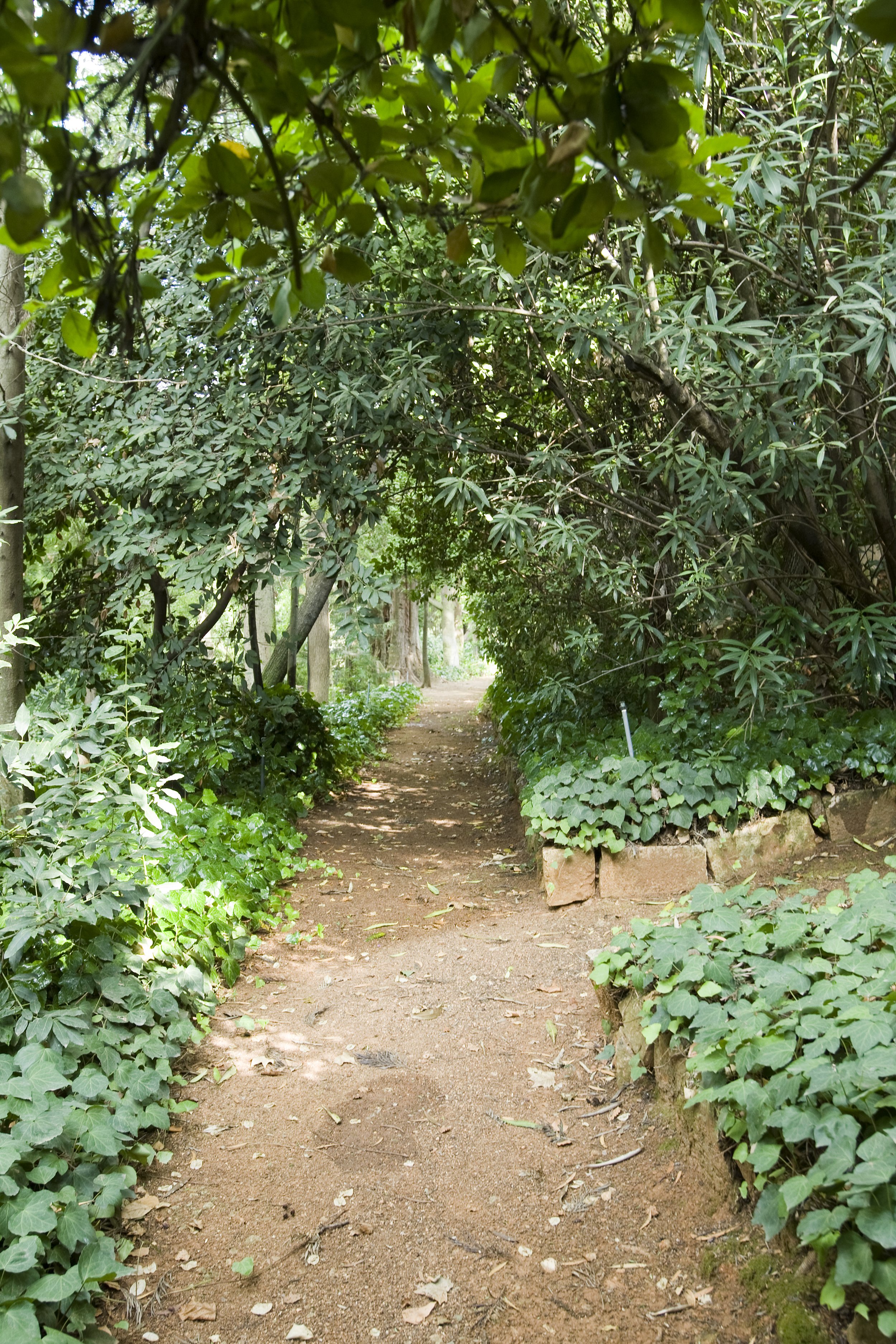
A Fresh Start in the Woods
Following the Christian Reconquest of the 12th century, the Moors lost their grip on the lands of the Algarve. The local Moorish population was warmly welcomed and integrated into Portuguese culture.
The territory was subsequently taken over by Christian orders, and a small chapel was erected.
In the 15th century, the Convento de Nossa Senhora do Paraíso was founded by the Bishop of the Algarve, D. Fernando Coutinho.
The grounds of the Convent boast a stunning lake, which serves as the primary natural water source for the estate and connects to the Arade River. This connection enabled the Capuchin Friars to travel by boat along the river.
At the center of the lake lies an isle with a delightful arbor, providing a perfect spot to sit and bask in the tranquility of the surroundings.
The Monks Garden is brimming with secluded nooks steeped in history and ancient religious traditions. The forest is dotted with small prayer spots, and fonts that were once used for baptism rituals can be found throughout the garden.
Many miracles were attributed to this period. Legends tell of a time when the population was suffering through extreme hardship, with scarce cereal supplies and widespread hunger. One day, out of nowhere, the church bell began to ring, and miraculously, a handcart full of bread appeared, providing sustenance to the hungry people.
The Convent was decommissioned in the 19th century, but its main building still stands on the estate today.
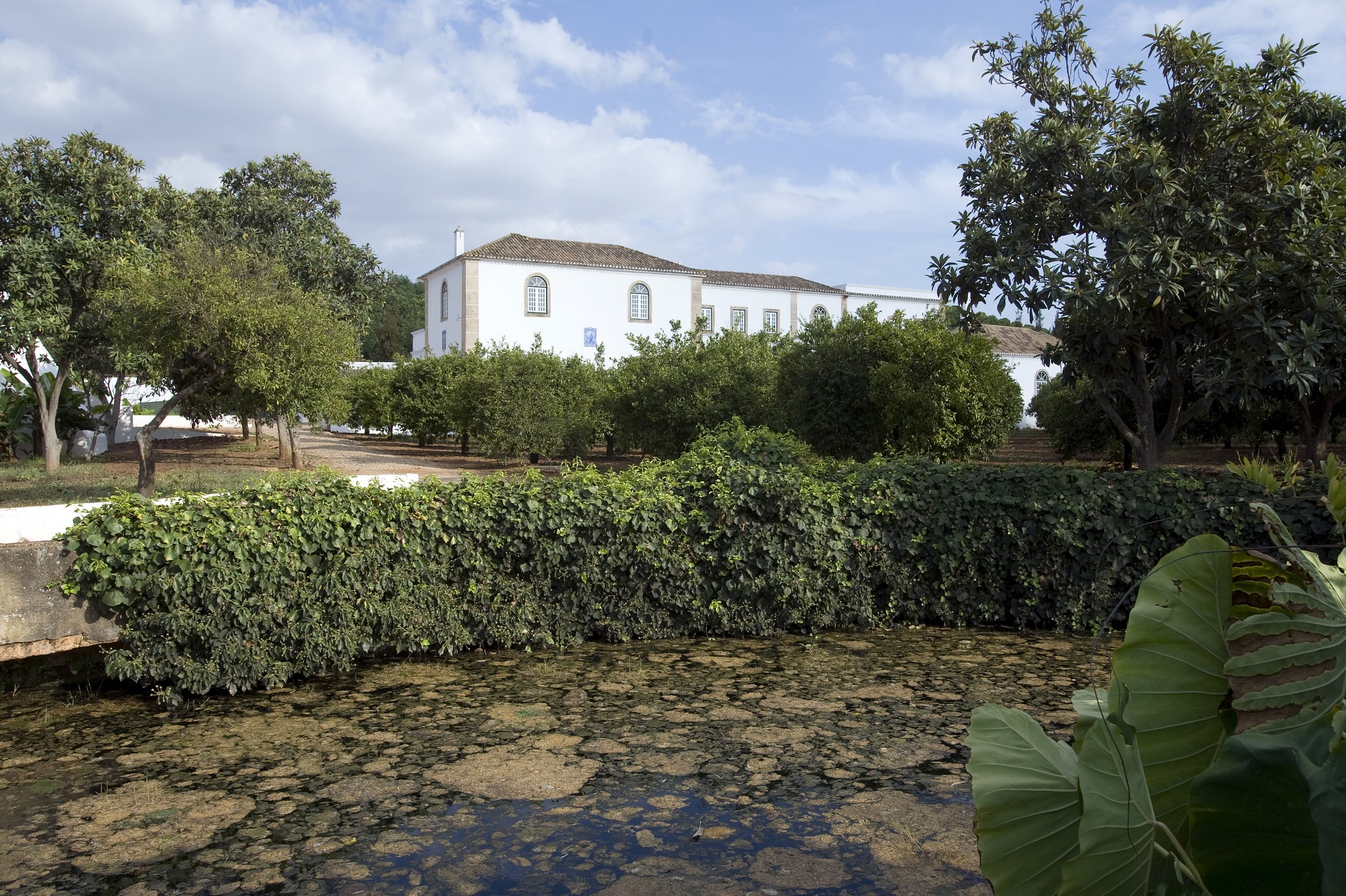
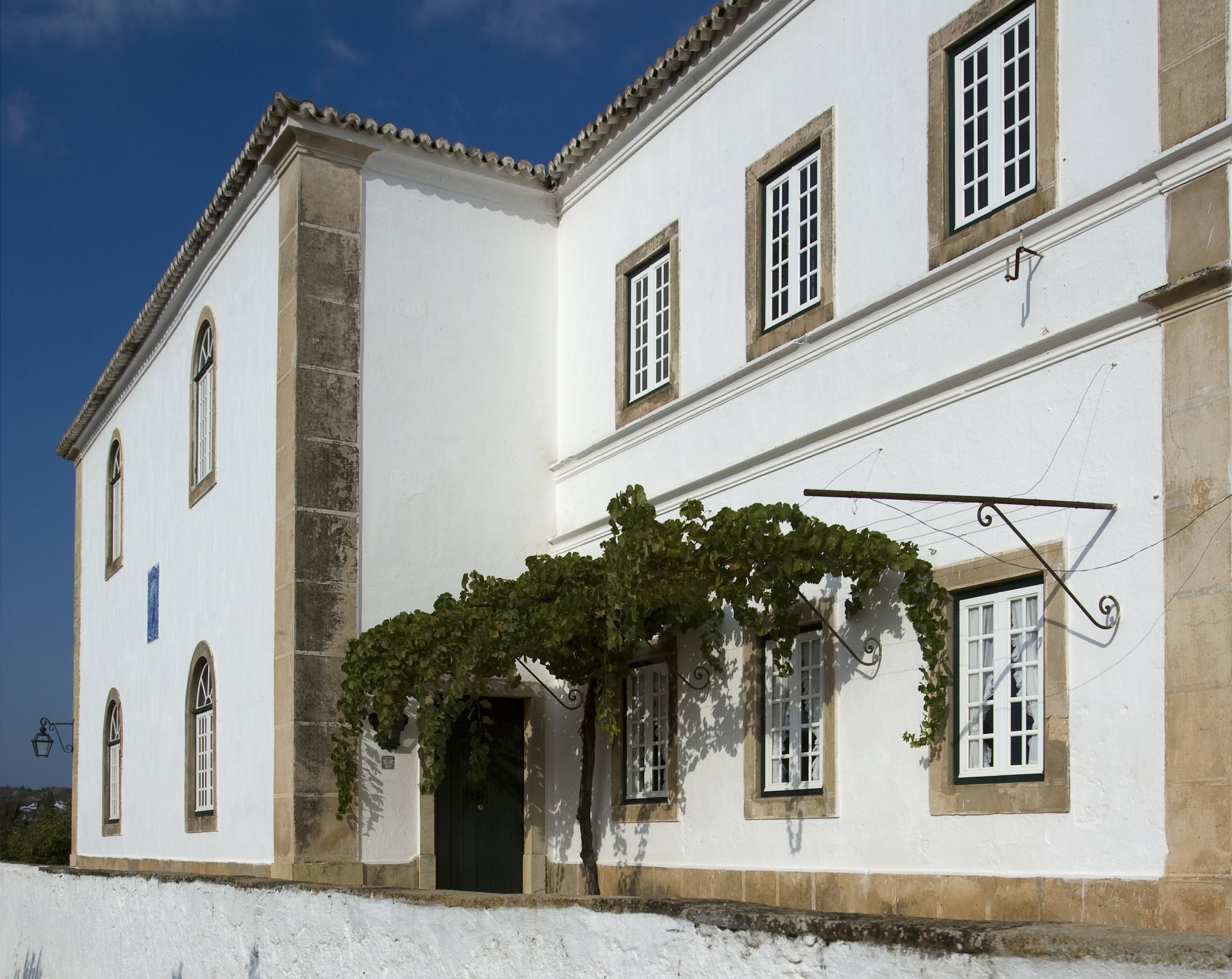
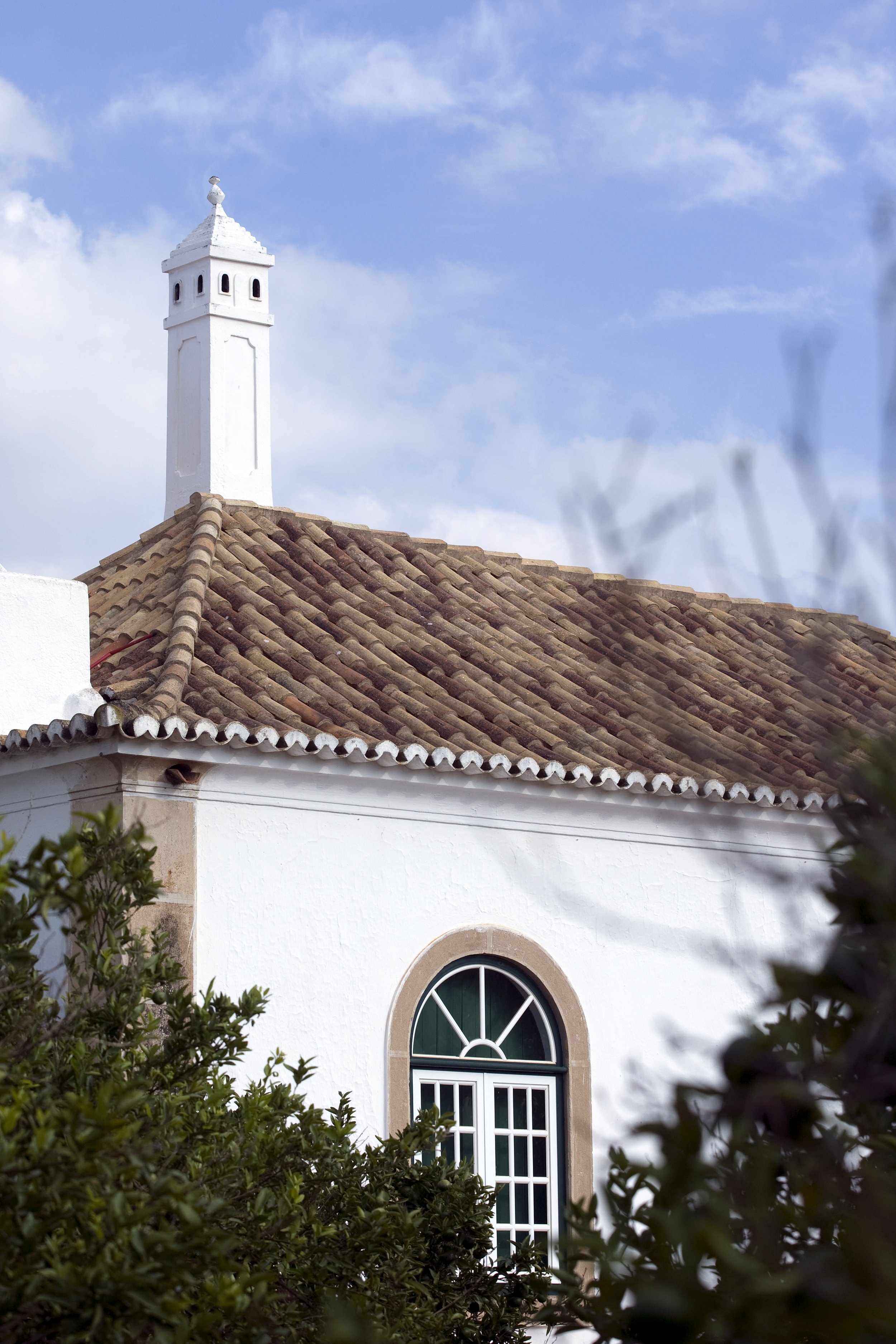
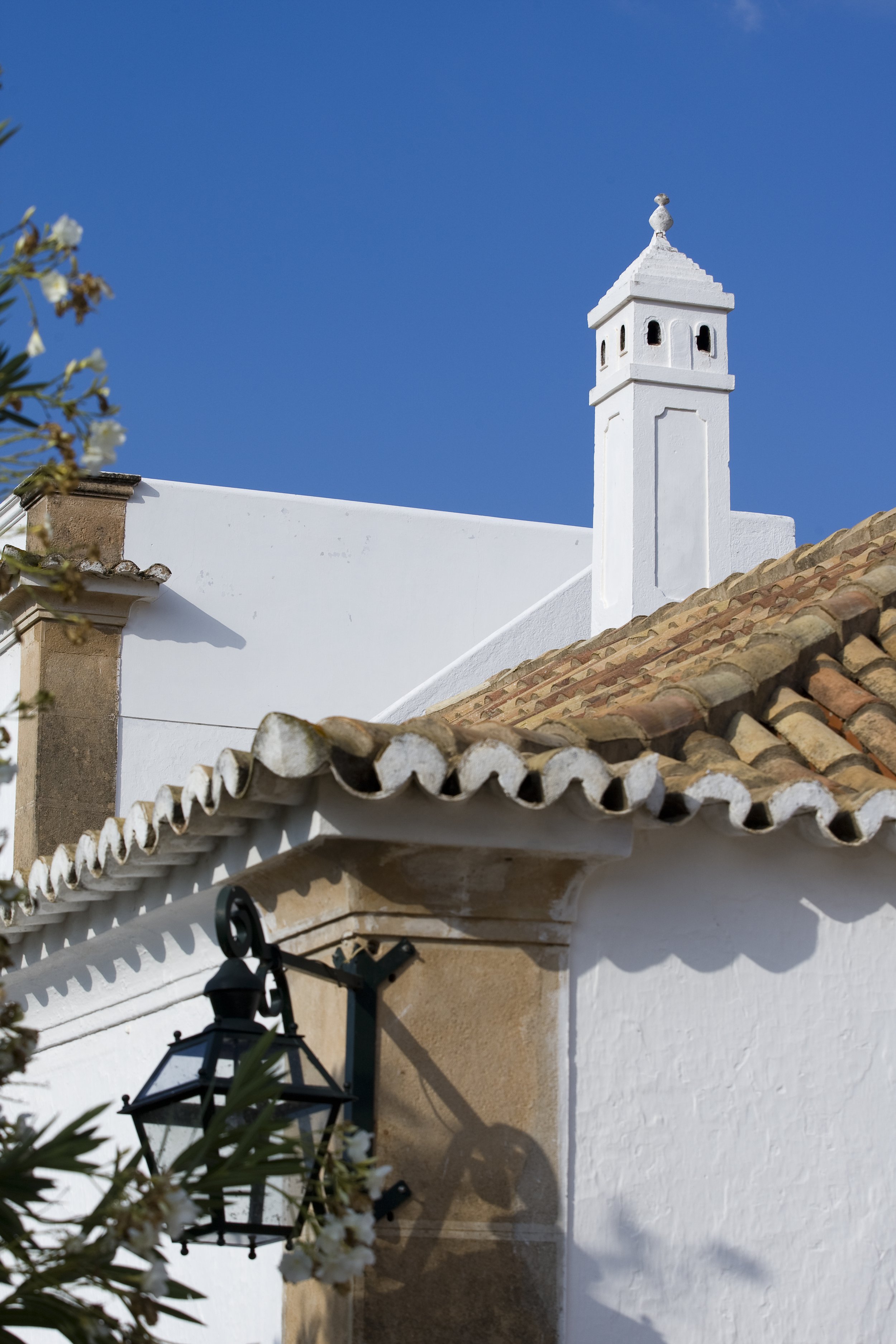

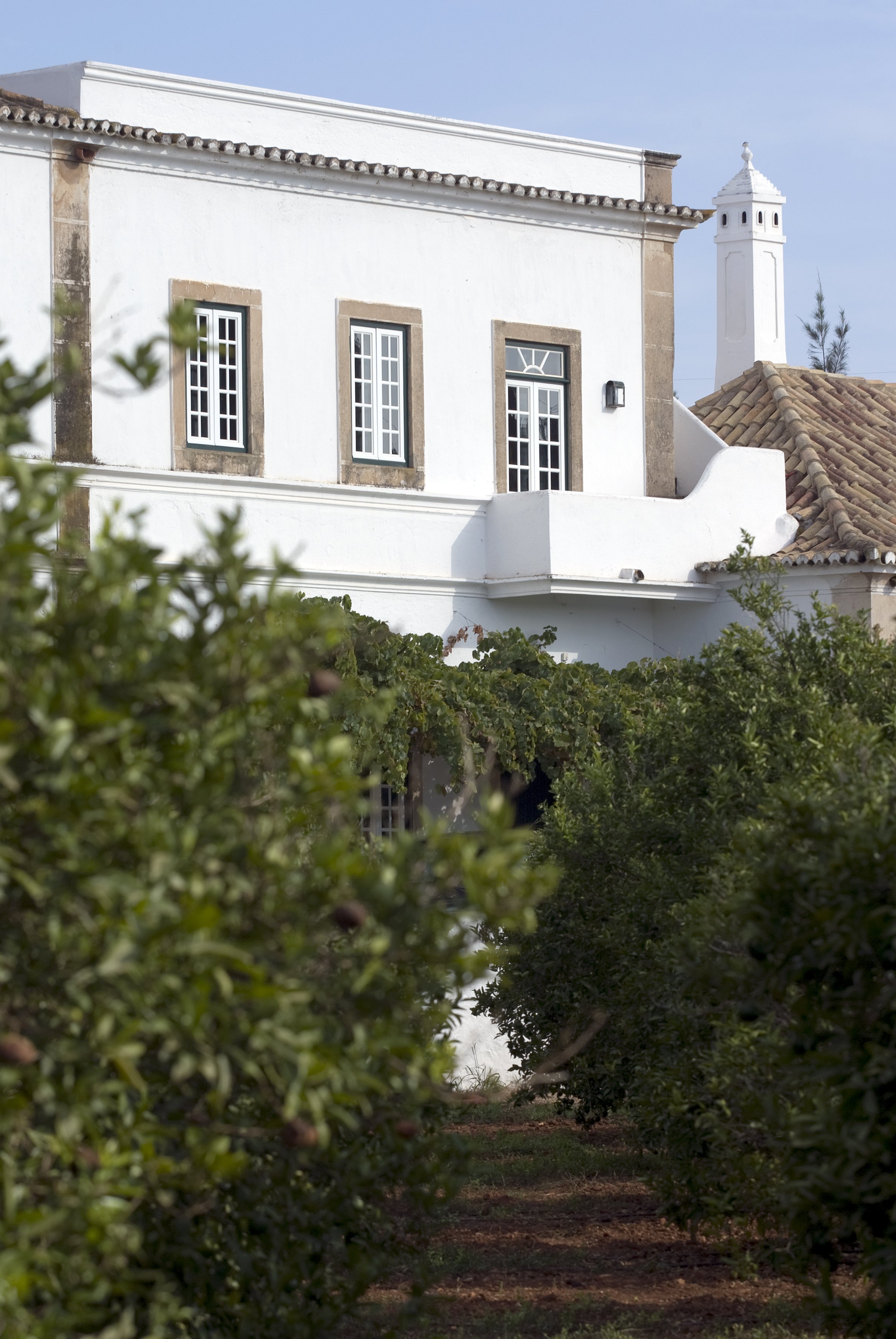
Private Woods
Later on, the land was purchased by a private family who built a palace overlooking the Monks Garden.
The property has been in the same family for over 100 years, passing from one generation to the next, and preserving the beautiful sanctuary that is Mata Mouros
For many years, the main function of the property was to produce various fruits.
However, around the year 2000, the owners were encouraged by the wine commission to plant vineyards with the aim of producing high-quality wines. They accepted the challenge with a sense of responsibility and a mission to restore Algarve wines to their rightful place in Portugal's winemaking history.







